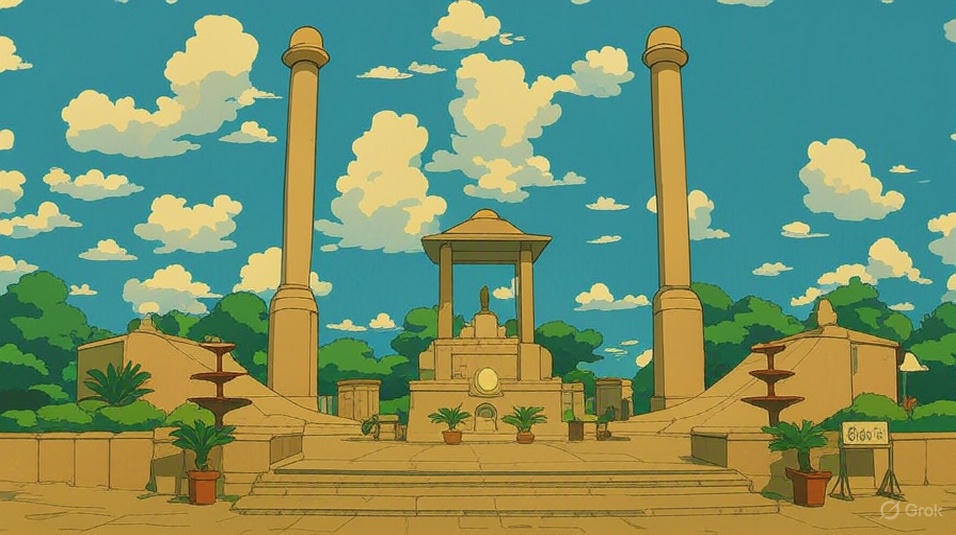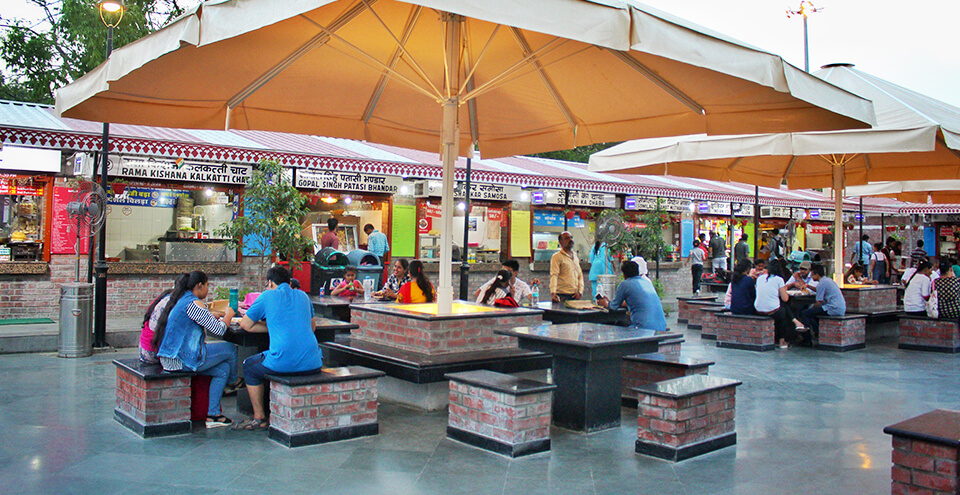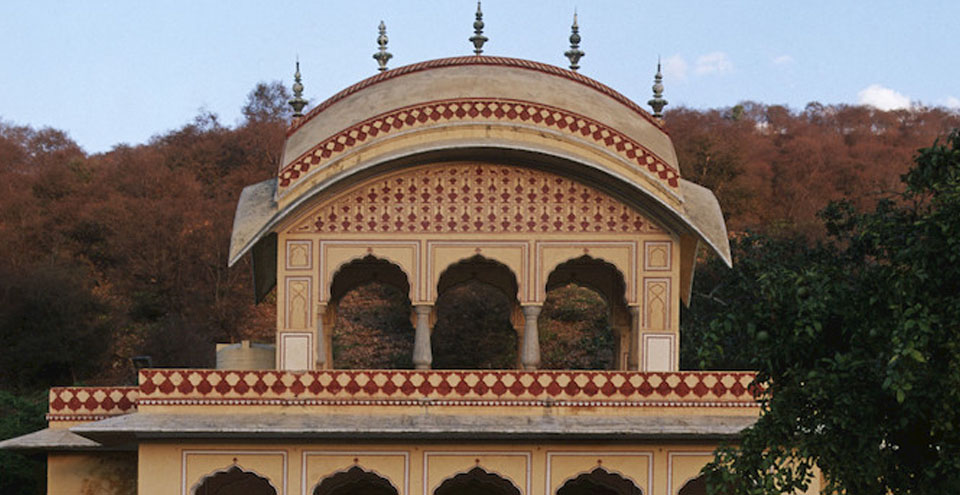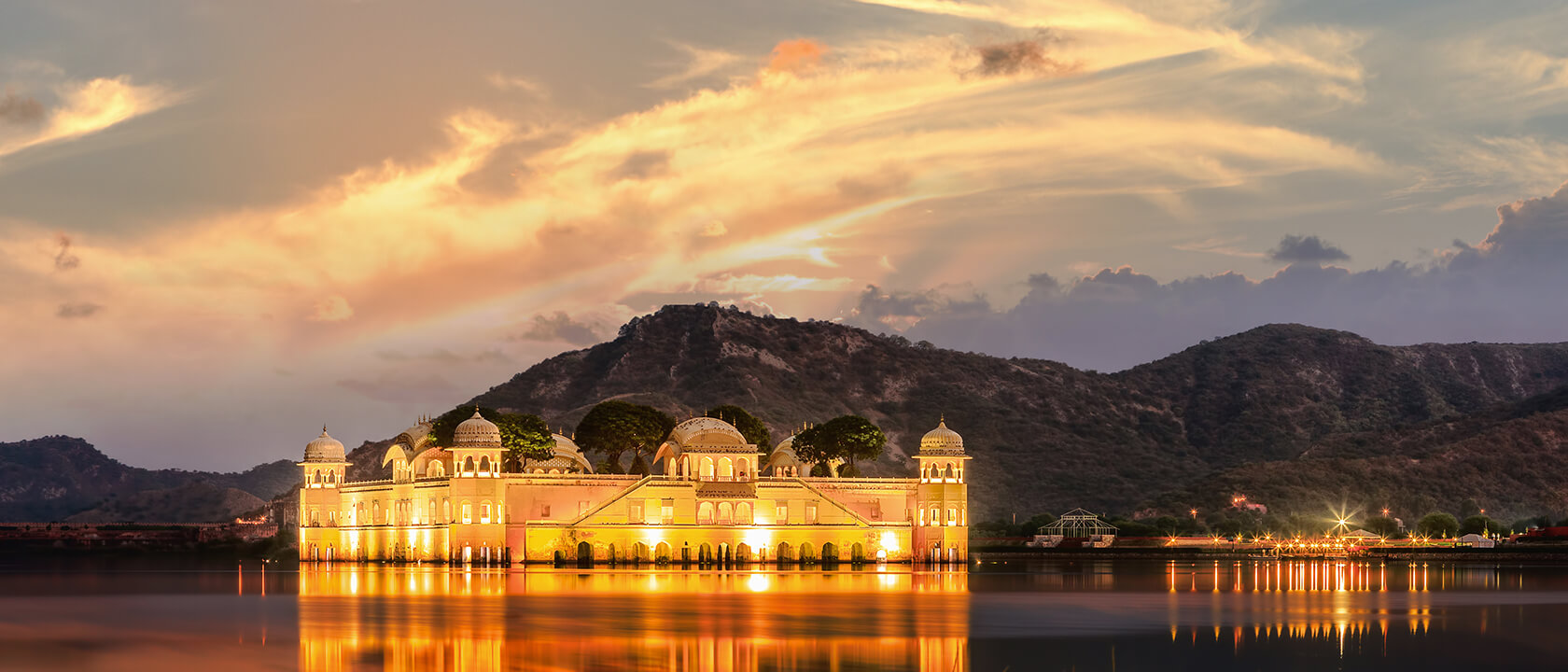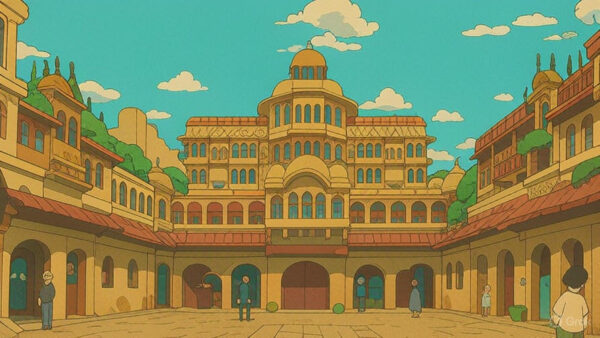Amar Jawan Jyoti
Located just across from the majestic Vidhan Sabha (Legislative Assembly) in Jaipur, Amar Jawan Jyoti stands as a solemn and stirring reminder of the valor and sacrifices of Indian soldiers. Though smaller and less talked about than its counterpart in Delhi, this memorial holds deep emotional and cultural significance for the people of Rajasthan and visitors alike.

A Monument of Honor
“Amar Jawan Jyoti” translates to “Flame of the Immortal Soldier.” It was built by the Rajasthan government to honor the brave soldiers who laid down their lives for the nation, particularly during the Indo-Pak War of 1971. Inaugurated in the late 20th century, it serves as a symbol of undying courage, selfless service, and national pride.
The eternal flame burns continuously at the memorial, representing the spirit of the Indian Armed Forces—ever vigilant and unwavering. It is a place that evokes a deep sense of patriotism and reverence, especially for those with military backgrounds or a strong connection to national service.
Design and Structure
The memorial is designed with simplicity and strength in mind. At the center stands a black marble cenotaph with the words “Amar Jawan” inscribed in gold. An ever-burning flame, housed in a brass urn, flickers in tribute to the martyred soldiers. The site also features a soldier’s helmet placed atop a rifle, symbolizing the ultimate sacrifice made on the battlefield.
Surrounding the main structure is an open plaza with wide walkways, manicured lawns, and steps leading to the elevated platform. At night, the entire area is beautifully lit, with the flame glowing brightly against the dark Jaipur sky—a serene and moving sight for visitors.
Evening Illumination and Local Buzz
One of the best times to visit Amar Jawan Jyoti is in the evening, when the memorial is lit up with tricolor-themed lights. The monument glows with pride, and the surroundings become a peaceful yet energetic space for locals and tourists.
Families, joggers, photographers, and history enthusiasts often visit in the evening hours. Children run about the gardens while elders sit quietly, reflecting under the lights. The nearby food stalls and casual eateries add to the vibe, making it a popular yet respectful hangout spot in the city.
Cultural and Ceremonial Significance
The Amar Jawan Jyoti in Jaipur is also a venue for ceremonial events, especially on national holidays such as:
- Republic Day (26th January)
- Independence Day (15th August)
- Kargil Vijay Diwas (26th July)
- Army Day (15th January)
On these occasions, local officials, military personnel, students, and citizens gather to pay their respects through flag hoisting, parades, and floral tributes. The memorial comes alive with patriotic songs, speeches, and a sense of collective pride.
Location and How to Reach
- Location: Near Vidhan Sabha, Janpath, Jaipur, Rajasthan
- Entry Fee: Free
- Timings: Open all days; best visited after sunset for illumination view
- Nearest Metro Station: Civil Lines (Jaipur Metro)
- Nearby Attractions: Albert Hall Museum, Birla Mandir, Central Park, and Statue Circle
The location is easily accessible by auto-rickshaws, cabs, or local buses. Its central positioning makes it a convenient stop for anyone touring Jaipur’s key attractions.
Why You Should Visit
While Jaipur is globally renowned for its forts, palaces, and royal legacy, Amar Jawan Jyoti offers a different kind of experience. It doesn’t dazzle with grandeur but moves you with its purpose—honoring those who gave their all for our freedom and safety.
Visiting this monument can be a humbling experience. It reminds us that behind the vibrant colors and royal history of Rajasthan lies a deep-rooted culture of bravery and sacrifice.
Final Thoughts
Amar Jawan Jyoti Jaipur is not just a monument; it is a living flame of gratitude, a place where patriotism takes a silent but powerful form. Whether you’re a tourist discovering Jaipur or a local resident looking for moments of quiet reflection, this memorial deserves a place on your itinerary.
As you stand before the flame, you’ll feel the silent salute to the martyrs—a salute that every Indian carries in their heart.
